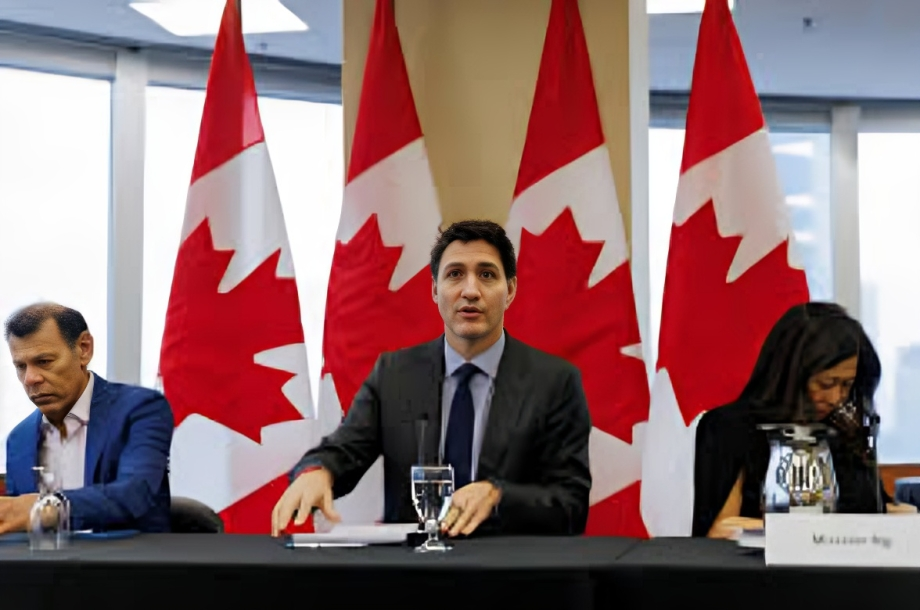CANADA: Canadian Prime Minister Justin Trudeau and US President Donald Trump have successfully negotiated a temporary halt on the imposition of tariffs, bringing a temporary resolution to a potentially volatile trade conflict between the two countries. The decision comes amid ongoing tensions over trade policies, with both leaders recognizing the risks a full-scale trade war would pose to their respective economies. By agreeing to suspend the tariffs, both Canada and the United States are taking a step towards maintaining stable and productive trade relations.
The move was hailed as a diplomatic win, signaling the willingness of both leaders to work together and avoid further escalation. This agreement comes at a critical time when both nations face various economic challenges, including supply chain disruptions and inflationary pressures. Leaders have expressed optimism that this temporary pause will allow for further discussions on more permanent solutions to trade imbalances. Economic analysts have also noted that the suspension of tariffs could lead to more favorable outcomes for businesses and consumers in both countries.
Trudeau and Trump emphasized the importance of dialogue in resolving disputes, with both sides agreeing to continue negotiations on broader trade issues, including the long-standing disagreements over softwood lumber and agricultural products. The agreement provides a temporary reprieve, but it also sets a precedent for how trade disputes can be handled in a manner that prioritizes cooperation over confrontation. This collaboration could pave the way for deeper economic ties between Canada and the US in the years to come.
In the wake of the announcement, business leaders from both nations have voiced support for the agreement, noting that it provides a much-needed sense of stability and predictability in an otherwise uncertain global economic environment. While the suspension of tariffs is a short-term solution, it is seen as a positive development that may encourage other nations to seek diplomatic channels when faced with similar trade disputes. Both countries are now looking ahead to the next phase of trade talks, hoping to establish a framework that can help avoid future conflicts.



